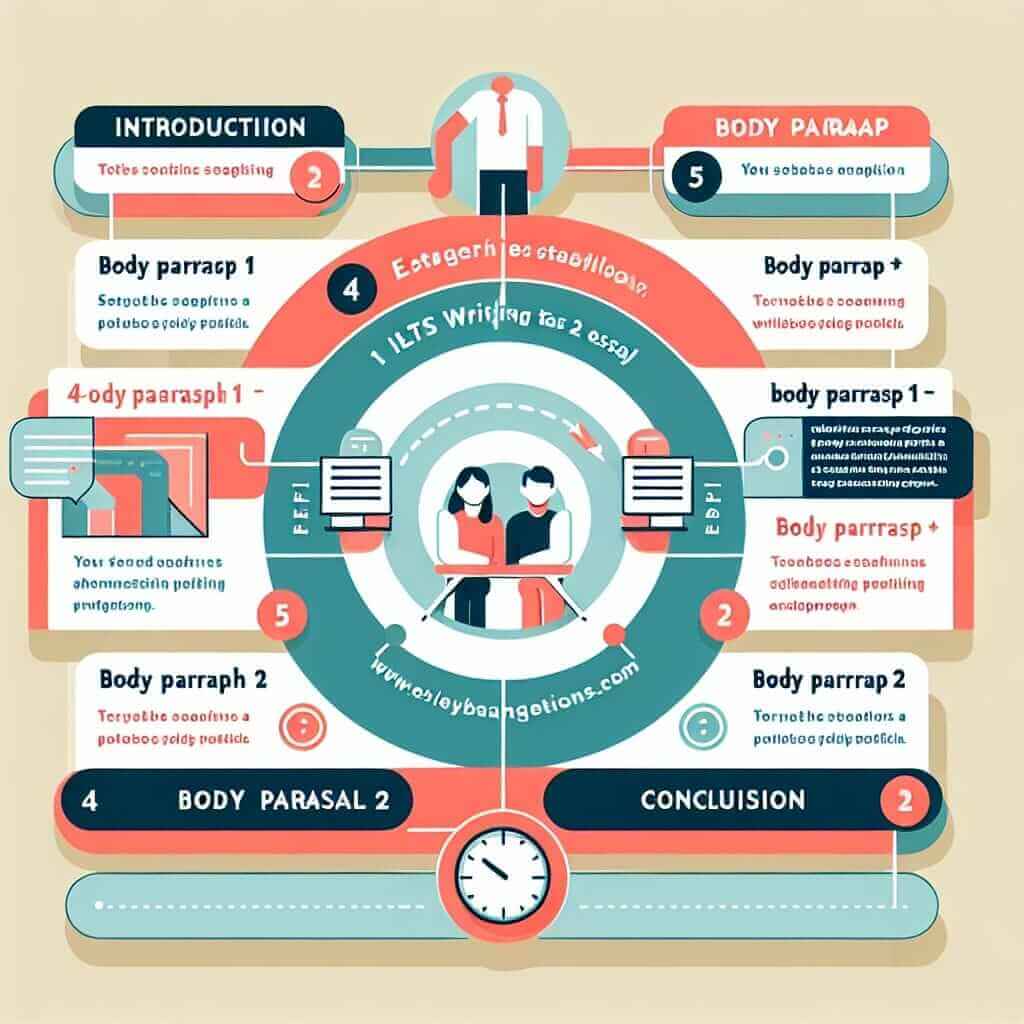Understanding the IELTS Academic Writing Test
The IELTS Academic Writing test is often seen as a challenging but crucial part of the exam. It assesses your ability to communicate complex ideas in a clear, structured, and grammatically accurate manner. To succeed, it’s essential to understand the test format, including the number of tasks you’ll face.
Nội dung bài viết
Two is the Magic Number: The Tasks
The IELTS Academic Writing test consists of two distinct tasks:
Task 1: You’ll be presented with a visual input, such as a graph, chart, diagram, or table. Your task is to summarize, describe, or explain the key information presented in the visual in your own words. You must write at least 150 words for this task.
Task 2: You’ll be given an essay question that presents a point of view, argument, or problem. You’ll need to provide a well-structured essay, presenting your own thoughts and supporting them with relevant examples and evidence. You must write at least 250 words for this task.
 IELTS Writing Task 1 Example
IELTS Writing Task 1 Example
Examples from Real IELTS Tests:
Here’s a glimpse of what these tasks might look like:
Task 1 Example: You are given a line graph showing the population growth of three different cities over a 50-year period. You need to describe the main trends and make comparisons where relevant.
*Task 2 Example: Some people believe that the best way to improve public health is by increasing the price of unhealthy food. To what extent do you agree or disagree with this statement?
Tips for Excelling in Both Writing Tasks:
- Time Management is Key: Practice allocating your time effectively (20 minutes for Task 1 and 40 minutes for Task 2) to ensure you complete both tasks within the one-hour time limit.
- Analyze the Visual Carefully (Task 1): Spend a few minutes carefully studying the visual input. Identify the key trends, main features, and any significant details.
- Plan Your Essay (Task 2): Jot down a quick outline before you start writing your essay. This will help you organize your thoughts and arguments logically.
- Use a Variety of Vocabulary and Grammar: Showcase your language skills by using a wide range of vocabulary and grammatical structures accurately.
- Proofread Carefully: Always leave a few minutes at the end to proofread your work thoroughly for any spelling, grammar, or vocabulary errors.
Conclusion: Preparation is Your Best Asset
By understanding the structure of the IELTS Academic Writing test, practicing both task types, and honing your time management and language skills, you’ll be well-equipped to achieve your desired score. Good luck!


